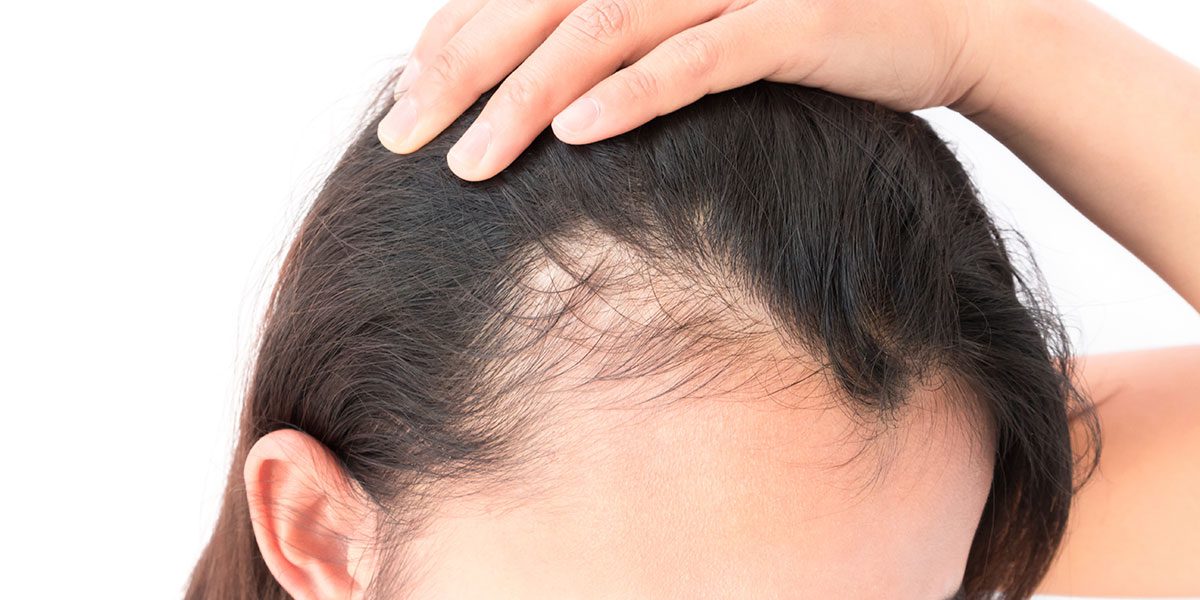Hair has its own natural growth cycle. Depending on your lifestyle, the speed and quality of each hair cycle varies. Having a healthy lifestyle and a balanced diet can speed up hair growth, while higher stress levels and lack of certain diets will lead to hair loss as well as other deficiencies.
Stages of the Hair growth cycle

The growth cycle consists of 3 stages:
1. Anagen (growing) stage
The anagen stage is the active growing phase of a hair follicle. During this stage, the root of the hair is dividing rapidly, adding more hair follicles to the hair shaft. On average, the hair grows about 1 cm every 28 days. This stage typically lasts about 2 to 6 years, although genetics may determine longer or shorter durations.
2. Catagen (intermediate) stage
This is the second stage, also known as the transition phase or the intermediate stage as it only lasts for 2 to 3 weeks. This stage signals the end of active growth, which means the hair follicles will stop growing. The hair bulb at the bottom of the follicle will detach itself from the blood supply, causing the hair follicle to shrink rapidly and loosen its grip on the hair shaft. Now, this strand of hair can be easily shed through normal activity.
3. Telogen (shedding) stage
This is the last phase of the hair follicle. During telogen, the resting hair has become fully keratinized and there is no access blood supply or nutrition to the hair. The hair remains in the follicle until it is pushed out by the growth of new hair. This process is also called "shedding". This phase usually last for about 3 to 5 months, and under normal circumstances, you would shed about 80 to 100 strands a day.
Telogen Effluvium

Stress can cause hair roots to be pushed prematurely into the resting stage. This temporary hair loss is a scalp disorder that usually happens after a stress, shock or a traumatic event. Some examples would be chemotherapy, childbirth or medication.
Unlike alopecia areata, telogen effluvium is only a temporary disorder that can be treated with a change in lifestyle or diet. Some may seek help from dermatologists for treatment. As for some women, temporary hair loss may occur after a pregnancy and will usually go away on its own after a few months.
Here are some ways you can reverse telogen effluvium:
Diet
Zinc, iron, lysine, vitamin B-6 and B-12 helps to strengthen hair follicles and repair energy metabolism. Some of the food that include these nutrients are cashew nuts, cheese, fish and red meat. Choose organic as much as possible, to avoid chemicals and toxins.
Stress Management
Stress and anxiety play a significant role in telogen effluvium. When you're stressed, your immunity will take a tumble and so will your health. Stress also contributes to lack of appetite, which will only result in your body not taking enough nutrients to support healthy hair growth.
Sleep
Yes, you need sleep for your body to recuperate. During sleep, your body also undergoes its own detoxing process, rebalances hormones and improves your mental condition. It is also recommended to drink matcha tea before sleeping as it packs many nutritional benefits.

